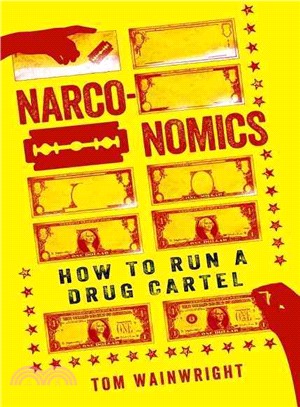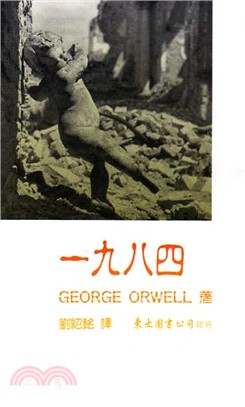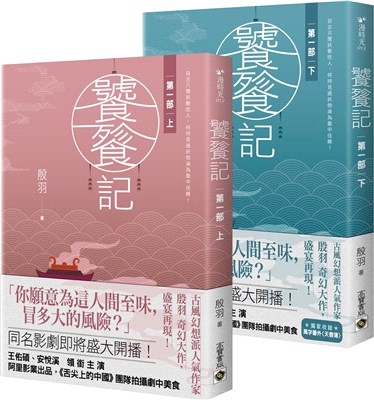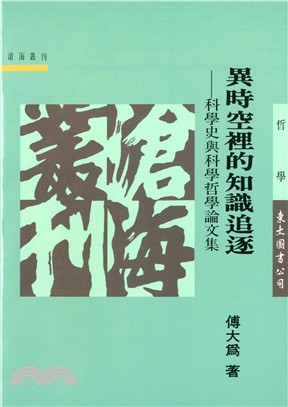Narconomics ─ How to Run a Drug Cartel
商品資訊
ISBN13:9781610395830
出版社:Perseus Books Group
作者:Tom Wainwright
出版日:2016/02/23
裝訂/頁數:精裝/336頁
規格:24.8cm*16.5cm*2.5cm (高/寬/厚)
商品簡介
作者簡介
相關商品
商品簡介
This is a unique look into the huge and fascinating multi-billion dollar international drug industry. Rather than reporting it as a war,” Wainwight looked at the drug trade as a business, with a quarter billion customers and worldwide revenues of about $300 billion a yearwith similar concerns as any Fortune 500 business, such as human resources, outsourcing and corporate social responsibility.
Some of Wainwight’s insights to help turn the way we think about the war on drugs on its head include:
Supply and demand. Drug cartels, as monopoly-buyers, use tactics like forcing their suppliers, the farmers, to absorb price shocks when coca fields are eradicated, rather than absorb it themselves.
Research and development. The cartels have invested in innovative ways to increase yield from coca plants; so even though less coca is now grown, it yields more cocaine, thus keeping the supply chain in good shape.
Mergers and acquisitions. Why the violence and bloody battles of the Mexican cartels have been generated by opportunistic takeover attempts.
Competition and collusion. Why the mafias running El Salvador’s drug gangs realized that violent competition was hurting profits and opted for a strategy of collusion.
Social responsibility. How cartels give back” to society by meeting social needs that governments have been unable to satisfy.
Media relations. How dedicated press officers” communicate with (and threaten) local journalists to secure the kind of coverage the cartel wants and use the media to send intimidating messages to their rivals
Human resource models. How cartels, in a business with a high turnover of personnel because of all the killing use prisons as employment agencies and training academies to ensure a steady stream of new recruits for jobs that are risky and don’t pay particularly well.
Franchising. Lessons the cartels have learned from some of Fortune 500’s restaurant business'.
Using classical economics and modern business theory to explain why drug cartels work in the way they do and based seven years of reporting in more than a dozen countries, Wainwright provides fascinating, humorous and novel insights into a multibillion-dollar worldwide industry and provides an innovative blueprint to address the drug problem, as well as a range of other criminal activities. If mobsters think like businessmen, law enforcers can thwart them by learning to think like economists.
Some of Wainwight’s insights to help turn the way we think about the war on drugs on its head include:
Supply and demand. Drug cartels, as monopoly-buyers, use tactics like forcing their suppliers, the farmers, to absorb price shocks when coca fields are eradicated, rather than absorb it themselves.
Research and development. The cartels have invested in innovative ways to increase yield from coca plants; so even though less coca is now grown, it yields more cocaine, thus keeping the supply chain in good shape.
Mergers and acquisitions. Why the violence and bloody battles of the Mexican cartels have been generated by opportunistic takeover attempts.
Competition and collusion. Why the mafias running El Salvador’s drug gangs realized that violent competition was hurting profits and opted for a strategy of collusion.
Social responsibility. How cartels give back” to society by meeting social needs that governments have been unable to satisfy.
Media relations. How dedicated press officers” communicate with (and threaten) local journalists to secure the kind of coverage the cartel wants and use the media to send intimidating messages to their rivals
Human resource models. How cartels, in a business with a high turnover of personnel because of all the killing use prisons as employment agencies and training academies to ensure a steady stream of new recruits for jobs that are risky and don’t pay particularly well.
Franchising. Lessons the cartels have learned from some of Fortune 500’s restaurant business'.
Using classical economics and modern business theory to explain why drug cartels work in the way they do and based seven years of reporting in more than a dozen countries, Wainwright provides fascinating, humorous and novel insights into a multibillion-dollar worldwide industry and provides an innovative blueprint to address the drug problem, as well as a range of other criminal activities. If mobsters think like businessmen, law enforcers can thwart them by learning to think like economists.
作者簡介
Tom Wainwright is the homepage editor of The Economist. Until 2012 he was the Mexico City correspondent ofThe Economist, covering Mexico, Central America and the Caribbean, as well as parts of South America and the United States border region. He has freelanced for newspapers including theLondon Times, the Guardian, the Literary Review, and assorted other newspapers. He has a first-class degree in philosophy, politics, and economics from Oxford University. Wainwright lives in London, England.
主題書展
更多
主題書展
更多書展今日66折
您曾經瀏覽過的商品
購物須知
外文書商品之書封,為出版社提供之樣本。實際出貨商品,以出版社所提供之現有版本為主。部份書籍,因出版社供應狀況特殊,匯率將依實際狀況做調整。
無庫存之商品,在您完成訂單程序之後,將以空運的方式為你下單調貨。為了縮短等待的時間,建議您將外文書與其他商品分開下單,以獲得最快的取貨速度,平均調貨時間為1~2個月。
為了保護您的權益,「三民網路書店」提供會員七日商品鑑賞期(收到商品為起始日)。
若要辦理退貨,請在商品鑑賞期內寄回,且商品必須是全新狀態與完整包裝(商品、附件、發票、隨貨贈品等)否則恕不接受退貨。
























